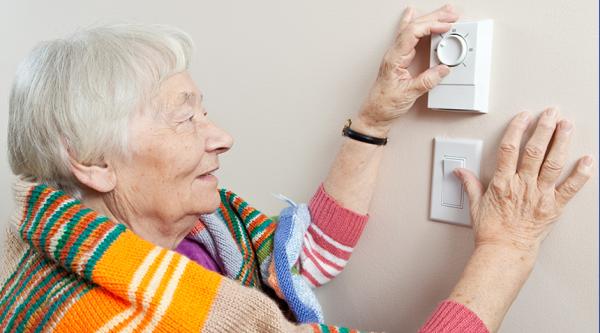Caring as dementia progresses
Find out more about the challenges you might face as the person's dementia progresses, and read advice on how to cope.
Carers: looking after yourself
- Carers: looking after yourself
- Your emotional wellbeing as a carer for a person with dementia
- Your physical health as a carer
- Getting help and support as a carer
- You are here: Caring as dementia progresses
As their dementia progresses, a person will need more help with their care. As a carer it can be difficult both physically and emotionally to deal with the changes. Some changes may be mild and easier to adapt to, whilst others may be challenging and you may need help.
If it becomes more difficult, and in some cases unsafe, for you to continue caring for the person on your own, you may need to consider other types of support, including full-time support. This may mean the person needs to move into a care home.
Moving the person into a care home
If a person with dementia moves into a care home, it can have a big impact on you as their carer. It’s likely that you will experience various feelings. These can include worries about:
- the quality of care the person will receive in the care home
- how the move will affect them and whether they will settle in OK
- how your relationship with the person will change
- how your life will change, especially if you have been caring for the person for a long time
- letting the person down by moving them into a care home.
Some carers may also feel guilty that the person has moved into a care home, especially if they had promised the person this wouldn’t happen.
These emotions can be very difficult to deal with. However, they are very common and natural responses to an emotional situation. Don’t be hard on yourself. There may come a time when a care home is the best place to meet the person’s needs and keep them safe.
Decisions about when and whether a person should move into a care home are often affected by things you can’t control. You are doing what you think is best for the person you are caring for, based on the circumstance you are in.
Choosing a care home for a person with dementia
Our booklet will help if you're caring for or supporting someone with dementia and are looking to choose the right care home.
When your caring role ends
It can be difficult to think about this when caring for someone close to you, but dementia is a life-limiting illness. This means there will be a time when your caring role comes to an end.
This can be very difficult emotionally. You may be grieving for the person who has died, as well as adjusting to the end of your caring role. At this time, it’s common for people to think about the care they have provided and wonder whether they did enough or could have done things differently. This is a natural feeling.
You may have lost contact with friends or family members and find it hard to get back in touch with them. Or you may find it hard to adjust to not being a carer anymore because you have thought of yourself as being one for so long.
Some carers therefore find it helpful to think about the future ahead of time, including what may happen when they no longer have a caring role. There are carers’ organisations that can give you information and support to help you adjust. Most importantly, take time to think about yourself and talk to someone about your feelings.
Reflect on both the valuable and challenging times that you have been through. Consider sharing those thoughts and feelings with someone you trust. You can also read more of our information on grief, loss and bereavement.









